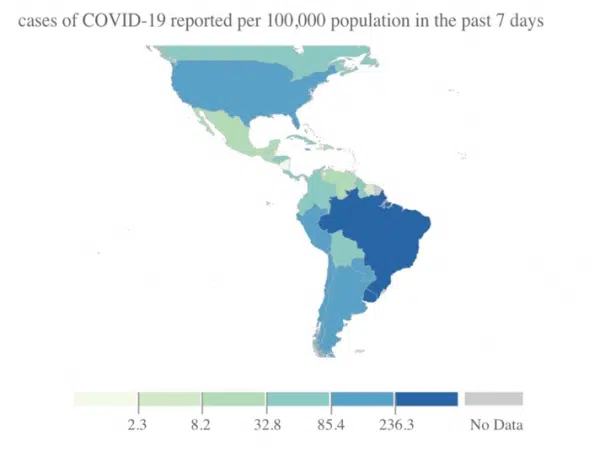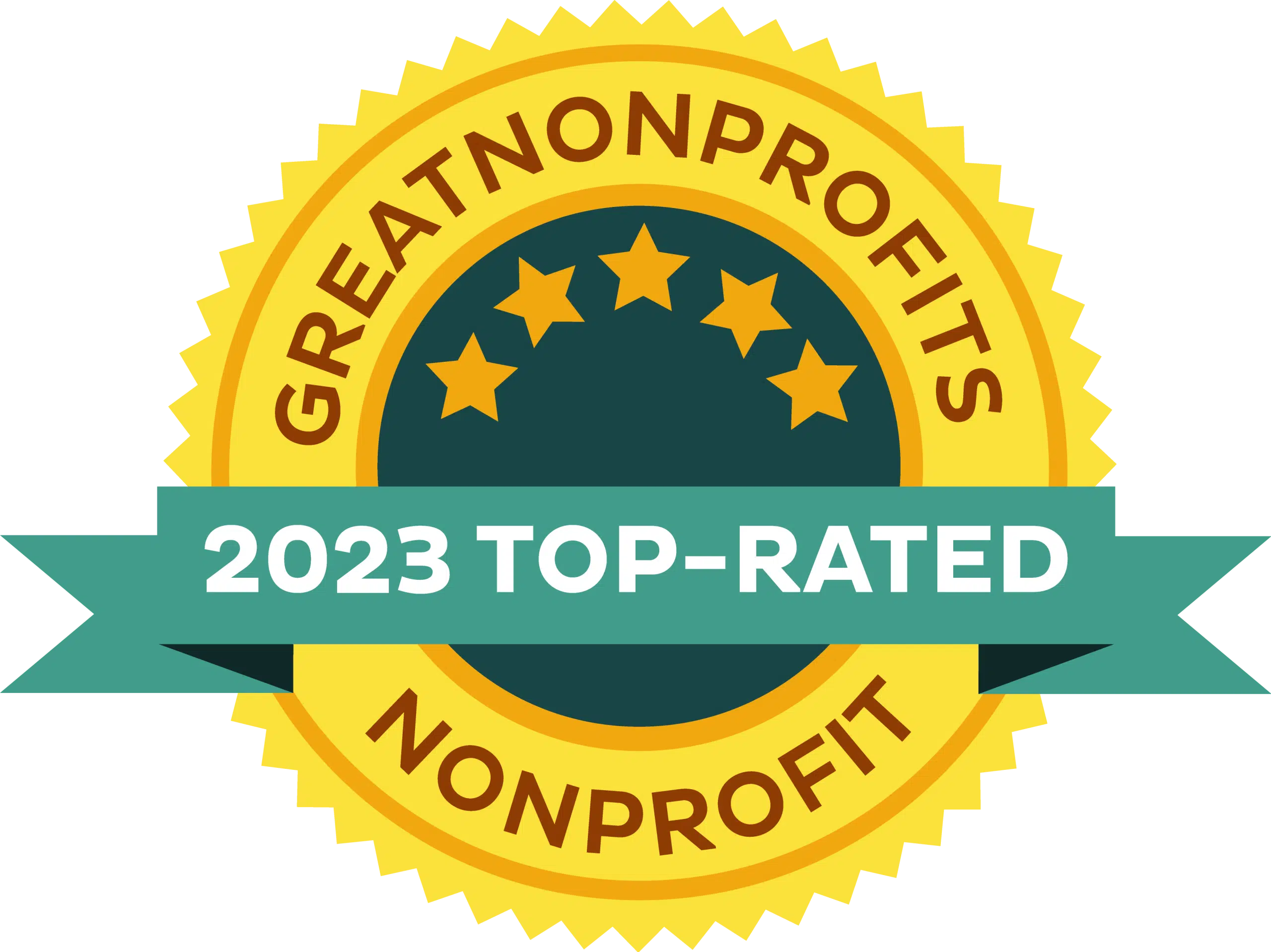When COVID-19 first hit the Americas, I was in the middle of my first year of college. My classes were canceled for a week, so I packed up my room the same day and drove home to North Carolina, leaving behind the friends and community I had just made at Barnard College. For the rest of the semester, my classes transitioned to online learning and are still online to this day. During this transition, I felt loneliness, confusion, sadness, fear, and anxiety.
Knowing how this was affecting me and my peers in the U.S., I wondered about how this was impacting my friends in Iquitos, Peru. I met them when I took a gap year before college and participated in a Rotary Youth Exchange Program. I spoke with many of these youth in January 2021 and learned they had similar experiences to mine, showing how COVID-19 has uniquely and negatively impacted youth mental health. It has disrupted a pivotal stage of our social-emotional and educational development by the sudden transition to virtual learning and activities.
According to a UNICEF report from September 2020 of adolescents and youth ranging from ages 13 to 29 from nine countries and territories within Latin America and the Caribbean, there has been a substantial increase in negative mental health outcomes. At the time of the survey, 27% of the group noted feeling anxious within the past seven days, and 15% felt depressed.
For 30% of these youth, the main reason influencing their current emotions is the economic situation that has worsened due to the pandemic. Nearly half of the participants (46%) reported feeling less motivated “to do activities they usually enjoyed,” and 36% felt less motivated to do regular chores.
Consistent with the study’s findings, when I spoke to my friends from the Rotary Youth Exchange program, they all said they felt “traumatized,” “anxious,” and “scared.”
“My mental health got worse during the lockdown, I felt more stressed and anxious,” said Avril Del Aguila, a 17-year-old university student from Iquitos. “I would say depression and sadness are both appropriate words to describe it.”
As of mid-March 2021, the total number of COVID-19 cases documented in Peru reached roughly 1.4 million or 4.3% of the total population, with the total population being around 32.51 million. There have been 48,841 deaths from the disease. Many of the public health challenges surrounding the pandemic response have been overcrowding (banks, housing, health clinics, etc.) and the overall unpreparedness of the healthcare system.
 Map reflecting Peru’s overall COVID-19 statistics during mid-March 2021.
Map reflecting Peru’s overall COVID-19 statistics during mid-March 2021.
In Iquitos, specifically, they were faced with the double burden of a dengue fever outbreak at the time COVID-19 hit, and have lacked adequate resources to treat patients in overcrowded hospitals. Recently on February 19, 2021, Peru extended their emergency status of COVID-19 until September 2, 2021, implementing curfews and further lockdowns in many regions.
 Lines outside of a bank in Iquitos, Peru to collect government aid.
Lines outside of a bank in Iquitos, Peru to collect government aid.
Miles Morey, who is 18 years old and plans to study medicine at the University of Buenos Aires, had to stop watching the news because it kept harming his mental state.
“Five months ago, I felt traumatized seeing all of the deaths in the news,” Morey said. “I consider myself to be a sensitive person, emotionally, and I can say that COVID traumatized me.”
 A hospital using its outdoor area for patient care in the Loreto Region of Peru, where Iquitos is located.
A hospital using its outdoor area for patient care in the Loreto Region of Peru, where Iquitos is located.
On a more positive note, many of the youth shared that because of the pandemic’s impact, they’ve gained a newfound awareness and appreciation for taking care of their mental wellbeing.
“I think we should take care of our mental health now more than ever, because it was the one thing that actually affected all of us,” Morey said. “To think about what could happen to our loved ones, our parents, holding that stress inwards has seriously affected us. We should take care of our mental health. Our mind has so much power over our body and physical health.”
According to the UNICEF survey, 73% of participants had “felt the need to ask for help concerning their physical and mental well-being,” but only 33% actually sought help. Of those 33%, one out of three people that did seek help got it from their family and friends. These numbers suggest there may be certain barriers attached to seeking professional help (ie. stigma, lack of resources, etc.), which means youth aren’t receiving the support they feel they need.
Fortunately, many youth that I spoke with already had coping mechanisms and self-care practices in place.
“The most notable thing was starting to write weekly for myself,” student Hernán Ríos said. “It wasn’t like a diary per se, but more like analyzing what I want to improve and noting how I am progressing through these times.”
Ríos, an 18-year-old student from Iquitos, is currently studying Political Science and Government at the Pontifical Catholic University of Peru in Lima.
As these stories show, while many of us youth are taking care of our physical selves by social-distancing and mask-wearing, we must also pay attention to our own mental state and of those around us. What is going on behind those masks?
Check in with yourself, then check in with a friend. Do small things that bring you joy. Take a shower or nap, read a book, or call a friend. These small acts will go a long way, not only for youth socialization, but for the greater effort of normalizing these open, honest, and non-judgmental conversations. Youth all around the world need these conversations and connections for their mental and social prosperity now more than ever.








